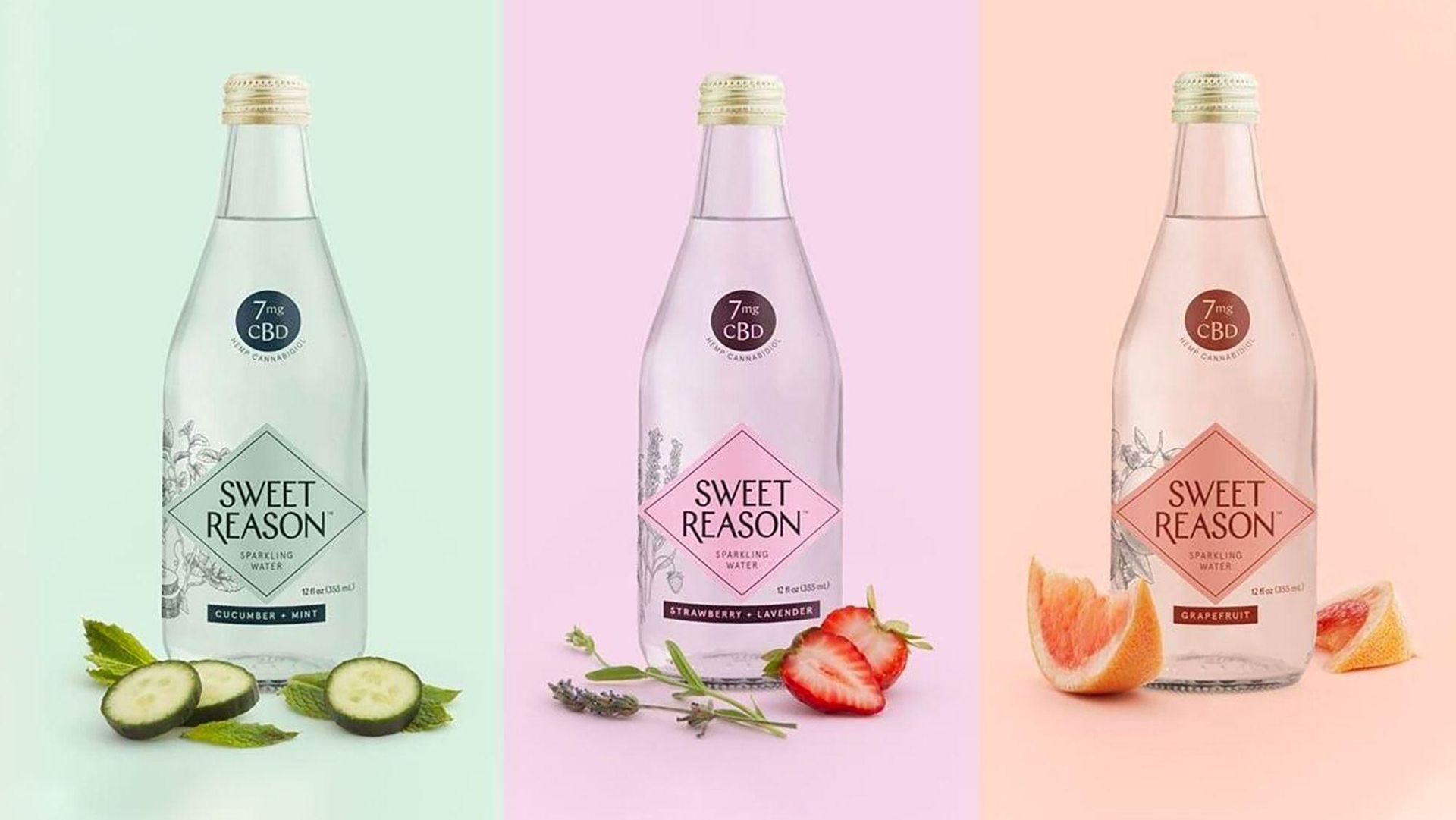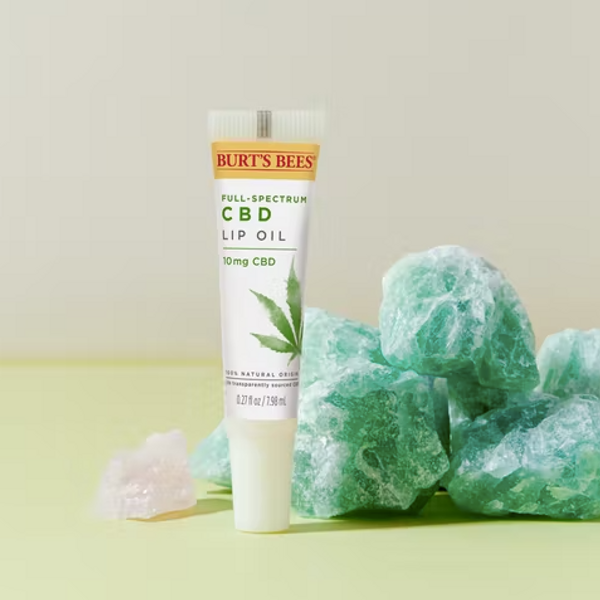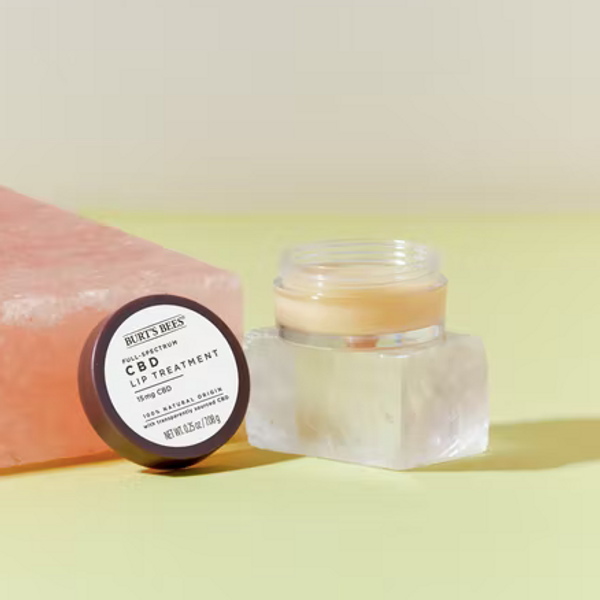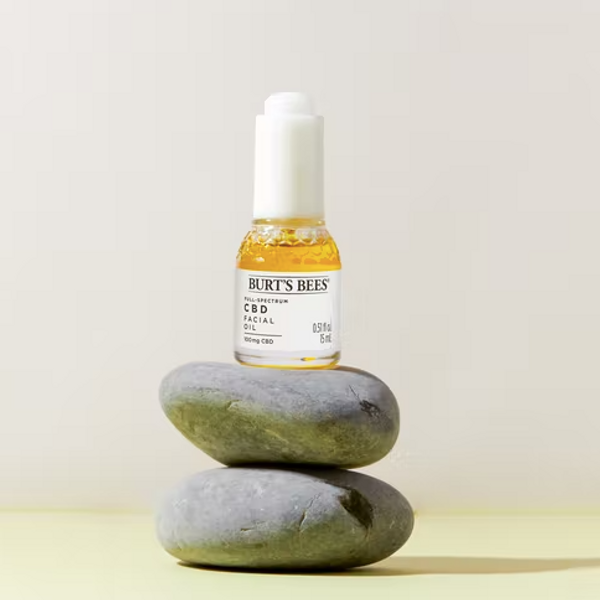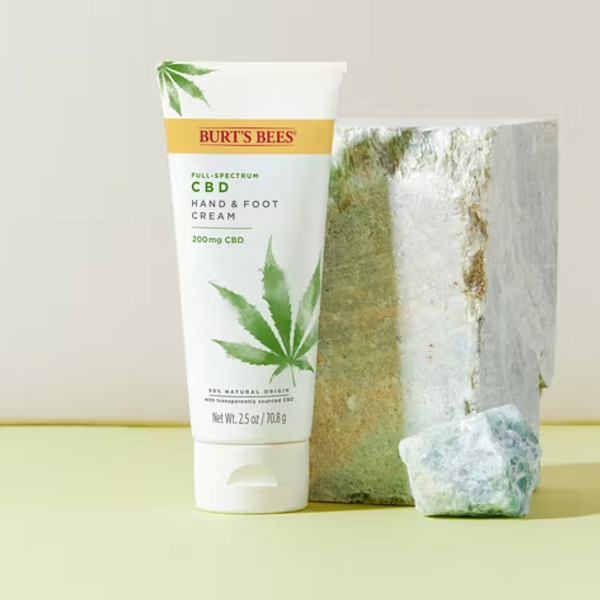A plant with pain-relieving and energizing effects that isn't a scheduled drug? That's the kind of thing that piques our interest! If you haven't heard of it before, we're talking about kratom, which is the name most commonly used for Mitragyna speciosa, a plant native to southeast Asia that's become popular both as a recreational drug and as a treatment.
Kratom generates a lot of buzz, but there is also some uncertainty. Is it safe? Is it really legal? What does it do? We explore these questions, and more, with the help of Gabriel Suarez, founder of Natural Life Franchise Corp.
Is Kratom Legal?
"Kratom is federally legal, however, a small number of states, cities, and counties have laws against it," explains Suarez. "In Florida, where our Natural Life stores are based, kratom is completely legal to purchase and consume with the exception of Sarasota County. Although a few states either have banned or have pending legislation regarding kratom, the herb is legal in the majority of states."
The American Kratom Association and The Botanical Education Alliance have put together a handy legality map, so you can look up the status of kratom in your area.
What Are Kratom's Effects?
"It has been found to increase mood, sociability, and alertness while decreasing pains and aches," says Suarez. "Today many people are using it to treat chronic pain and mitigate opioid dependencies."
This is because the active compounds in Kratom, mitragynine and 7-α-hydroxymitragynine, interact with the same receptors in the brain that respond to opiates, and as a result, it has opiate-like effects.
In large quantities, it acts as a sedative and pain-reliever. However, in small quantities, the mitragynine triggers receptors in the brain that respond to stimulants so it has an energizing effect. Beyond this, the nuance of the effects can differ depending on the strain.
The popularity of kratom is due, in part, to how easy it is to consume, with most retailers selling it in the form of a powder or in capsules. "Most commonly in the USA, due to user convenience, most just throw it back and wash it down with water or juice," Suarez says, though he also extolls the traditional method, in which kratom is brewed into a "Feel Good Tea."
Is Kratom Safe?
One of the main issues with kratom is that its safety hasn't been thoroughly vetted, as would happen with a clinical drug. Most of what we know about it comes from individual case studies.
"Kratom can be habitually addictive, similarly to that of cannabis after heavy long-term use, but it does not build a physical dependency like synthetic opioids do. From my experience, kratom is much safer than synthetics or opioid-based medicines," says Suarez.
However, he also stresses that safety is predicated on sourcing and quality: "Due to the low amount of regulation with kratom, there is a massive range of quality out there. Most kratom on store shelves today has not been lab tested for purity, quality, fillers, potency and to make sure it is 100% free of lead, salmonella, and many other harmful things."
In 2018, the FDA recalled a range of kratom products from a Las Vegas-based manufacturer which were found to be contaminated with salmonella.
"When users are shopping for kratom, it is critical that they question the source and testing that their kratom has gone through," recommends Suarez. "If a vendor cannot provide third-party lab test results showing clean and pure kratom, then that kratom is likely not premium quality, and possibly not safe to consume."
The other thing to keep in mind is how kratom may interact with other substances. This is especially important because kratom is a popular self-treatment for opiate withdrawal. Most medical bodies recommend against using it for detox because side-effects and interactions can be highly unpredictable, including hallucinations, liver problems, and seizures.
There have also been overdose deaths connected to kratom. However, per a study conducted by the CDC, it was rarely the only drug ingested. Postmortem toxicology testing found multiple substances in the majority of subjects tested, with fentanyl and its analogs being the most common, followed by heroin. Quitting a drug is rarely a linear process, so those taking kratom in an attempt to detox from opioids are often at a higher risk of drug interactions.
So Should You Try Kratom?
It's clear that this plant has immense potential, so we would love to see more research on kratom's safety and clinical benefits, instead of overzealous legislation. Taking it in lieu of prescribed medication is strongly unadvisable because it poses real risks. As to its safety in small doses or when taken recreationally–unfortunately, we can only go off of user experience, so while thousands attest to its safety, the lack of scientific research is concerning.






